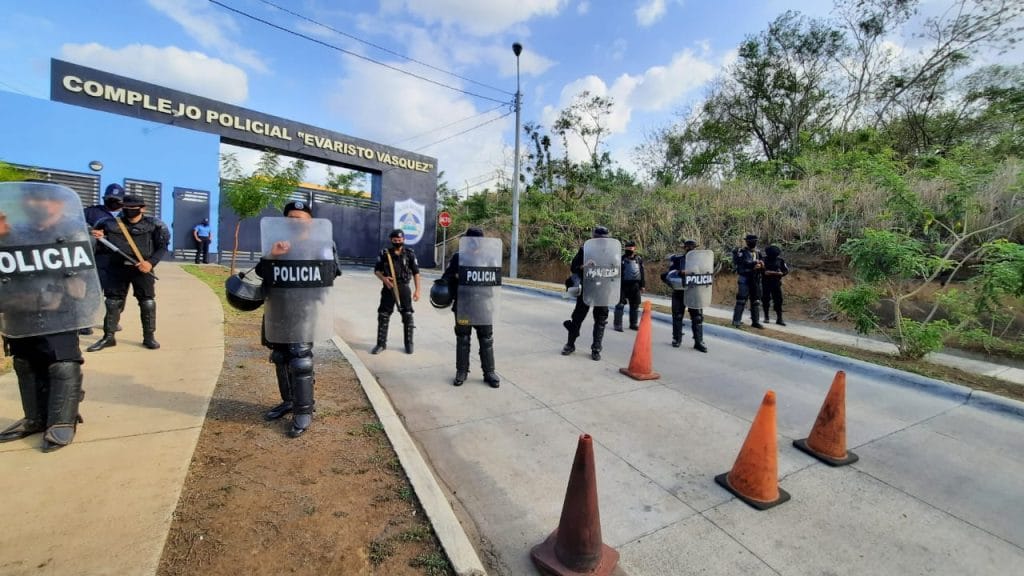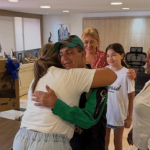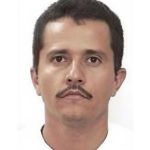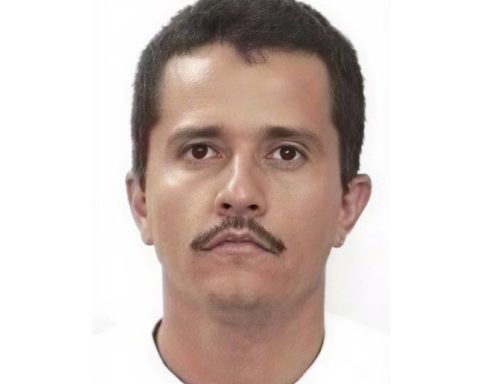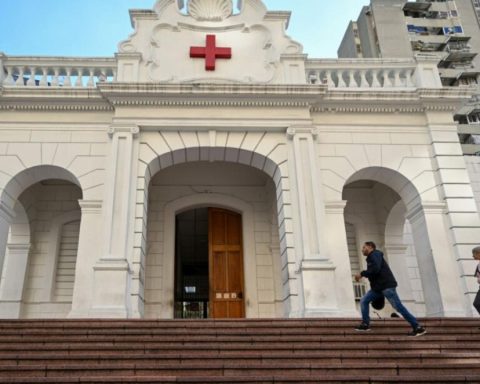Relatives of political prisoners in the Directorate of Judicial Assistance (DAJ), known as El Chipote, denounce that the lives of prisoners of conscience of the Ortega regime “continue to be at risk” and demand the end of “the policy of torture and extermination”. At the same time, make an urgent call to the people of Nicaragua, the international community and the State to demand the immediate release of 182 political prisoners.
During the eighth visit that the regime allows the political prisoners in El Chipote, which occurred between June 10 and 12, their relatives confirmed that their physical deterioration prevails and “an unbearable level of isolation between them and with the outside world.”
“We were able to observe that everyone is thinner, but we do not know how much weight they have lost because they are not told,” they indicated in a statement read at a press conference on Tuesday, June 14. In addition, they detailed that the main cause is poor nutrition and the reduced portions they are given.
Many of the prisoners of conscience, they added, “are experiencing chronic illnesses and ailments caused by imprisonment, however, the lack of timely medical care persists and they wait until the last minute to attend to them, when people are already very ill.”
Likewise, they denounced that in some cells they remain dark all the time and in almost all of them, the level of humidity is causing the growth of fungi that affect their skin.
Some people are taken out in the sun for a few minutes every 7 to 10 days, but others are not taken out at all and remain in solitary confinement. In addition, they denounced that they continue without delivering the complete package and do not allow prisoners of conscience to manage it either.
“We know that attacks such as isolation, lack of adequate food, unsanitary cells, lack of timely and specialized medical attention, as well as beatings, are suffered by political prisoners in the different Nicaraguan Penitentiary Systems. We stand in solidarity and reaffirm that we are united in the same cry for the freedom of our relatives”, they expressed in the document.
Political prisoners from El Chipote with little or no medical care
Relatives of political prisoners in El Chipote and other cells in the country’s prison systems highlighted the lack of medical care that directly affects prisoners of conscience.
Ana Lucía Álvarez, human rights defender and sister of political prisoner Tamara Dávila and niece of Ana Margarita Vijil, pointed out that “there is a general state policy of not providing medical care to all political prisoners wherever they are,” she said.
Citing the Mechanism for the Recognition of Political Prisoners in Nicaragua, he assured that there is an increase in the number of hospitalizations, precisely because “since there is no timely medical care, people are getting worse.”
“There were people during this time who had to be hospitalized, there were people who were admitted to the Intensive Care Unit and whose family did not receive information, there is a person also admitted to the hospital for months, whose family does not have access to information either. . It is really worrying,” Álvarez denounced, after highlighting the denial of access to health information and criminal proceedings that families have the right to know, as their defenses.
Among the main health problems suffered by political prisoners are the aggravation of heart conditions that they already suffered from or that appeared in prison, skin diseases, including scabies; people with chronic kidney failure, or decline in cancer survivors.
“All these ailments require specialized care, they require specialized medications, they require adequate follow-up and the State of Nicaragua, since it has our relatives in custody at this time, has the duty and responsibility to guarantee that adequate follow-up and it is not doing it” Alvarez demanded.
Lawsuits of political prisoners after eighth visit
In a year of incarceration for the majority of prisoners of conscience in El Chipote, relatives have had only eight supervised visits. In the latter, the political prisoners demanded the following:
- End the isolation and solitary confinement in which many have remained for a year. Also, that they be allowed to interact and share time together during the sun patio, on a regular basis.
- That they be allowed to receive weekly parcels with food that supplies protein deficit and
vitamins. This package must be managed by our relatives. - That the visits be regularized every 15 days and that their minor sons and daughters be allowed to visit them. In the case of relatives who are outside the country, that telephone calls and the
exchange of letters - Give them a Bible, reading and writing material.
- Specialized medical care in a timely manner, including annual exams for women, and that
let them know their results and appropriate treatments.
